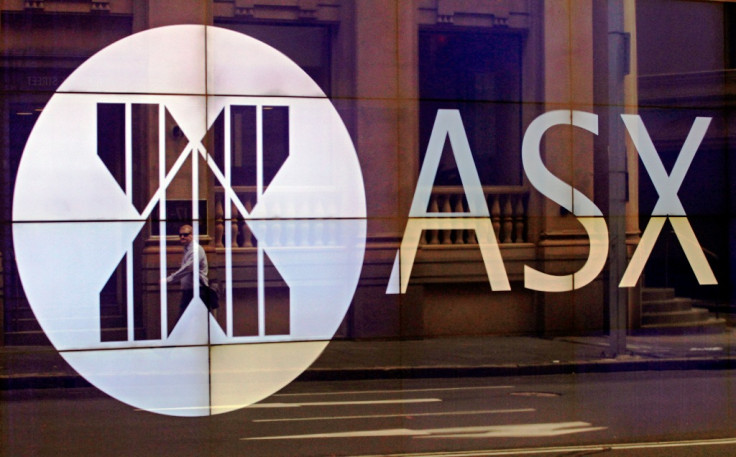Asian markets round-up: Bourses outside Hong Kong trade lower

Asian markets outside Hong Kong traded lower on 3 June despite upbeat growth figures from Australia.
The Japanese Nikkei finished 0.34%, or 69.68 points, lower at 20,473.51.
The Shanghai Composite finished 0.01%, or 0.55 points, lower at 4,909.98.
Hong Kong's Hang Seng finished 0.69%, or 190.75 points, higher at 27,657.47.
Australia's S&P/ASX 200 finished 0.93%, or 52.40 points, lower at 5,583.60.
South Korea's Kospi Composite finished 0.74%, or 15.48 points, lower at 2,063.16.
India's S&P BSE Sensex finished 1.29%, or 351.18 points, lower at 26,837.20.
Market movements
The Nikkei finished lower, pulled down by profit taking and a weaker yen, which dropped to a 13-year low.
...Our end-2016 forecast for the yen is 140 against the dollar, while we expect the Nikkei to climb to 23,000.
Capital Economics said in a note to clients: "The diverging prospects for monetary policy in Japan and the US have resulted in a renewed weakening of the yen in recent weeks. With price pressures set to remain subdued, we think that the Bank of Japan will have to step up the pace of easing before too long, perhaps as early as October.
"The upshot is that the currency should continue to depreciate, which would lift the yen-value of exports and repatriated earnings from overseas subsidiaries. Our end-2016 forecast for the yen is 140 against the dollar, while we expect the Nikkei to climb to 23,000."
The Shanghai Composite finished flat after a dozen new share-listings prompted some investors to book profits.
The ASX ended in the red despite upbeat GDP data. The Australian economy expanded 2.3% in the first-quarter from a year ago, beating expectations for a 2.1% increase.
...end of the mining investment boom and the lagged effects of lower commodity prices will continue to drag on the [Australian] economy over the rest of the year...
Capital Economics said in a note: "Australia's economy grew at a very healthy rate in the first quarter, which will probably prompt some suggestions that it has weathered last year's fall in commodity prices well. We think the worst is still to come.
"The end of the mining investment boom and the lagged effects of lower commodity prices will continue to drag on the economy over the rest of the year, while the temporary support for consumer spending from lower oil prices will soon fade."
The Sensex settled below the psychologically important 27,000 level for the first time since 12 May.
Capital Economics said in a note: "India's May PMI readings for both the manufacturing and services sectors suggest that activity remains subdued by past standards. The PMIs add to the list of indicators that contradict the official GDP data, which suggest that the economy is growing impressively."
Company stocks
In Tokyo, building materials major Lixil Group jumped 4.54% despite the announcement of a wider-than-expected loss at its Chinese subsidiary.
Chubu Electric Power, Japan's largest power firm by marketcap, lost 3.47% while realty player Mitsubishi Estate shed 1.86%.
In Shanghai, Bank of Communications added 2.78%.
In Sydney, Commonwealth Bank of Australia finished 1.72% lower.
Fortescue Metals added 2.10% on the back of higher iron ore futures while rival Rio Tinto added 1.79%.
In Seoul, ChoA Pharmaceutical slumped 15.00% while Hyundai Pharmaceutical tanked 14.88%, dragged down by concerns surrounding the outbreak of Middle East Respiratory Syndrome (MERS) in South Korea.
HanmiPharm lost 5.18%.
Hyundai Motor lost 2.17% a day after data revealed falling auto sales in South Korea in May.
Hanatour Service added 1.77% following 2 June's 7.7% drop.
Refinery SK Innovation rose 1.72% on news that it has agreed to sell its 11.1% stake in Peruvian natural gas transporter TGP for $251m.
In Mumbai, realty major Unitech tumbled 35.27% while infrastructure player Jaiprakash Associates lost 20.67%, pulled down by rumours that both firms had defaulted on repayment of debt.
© Copyright IBTimes 2025. All rights reserved.



















